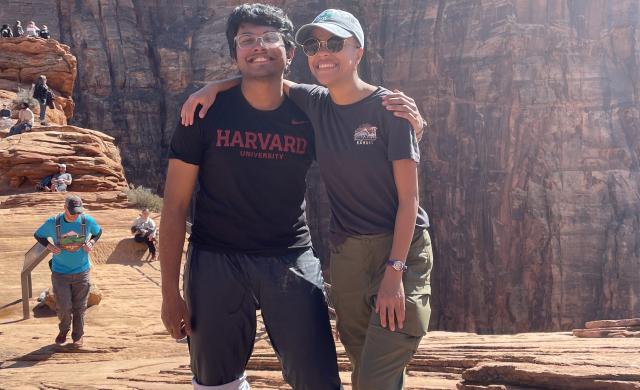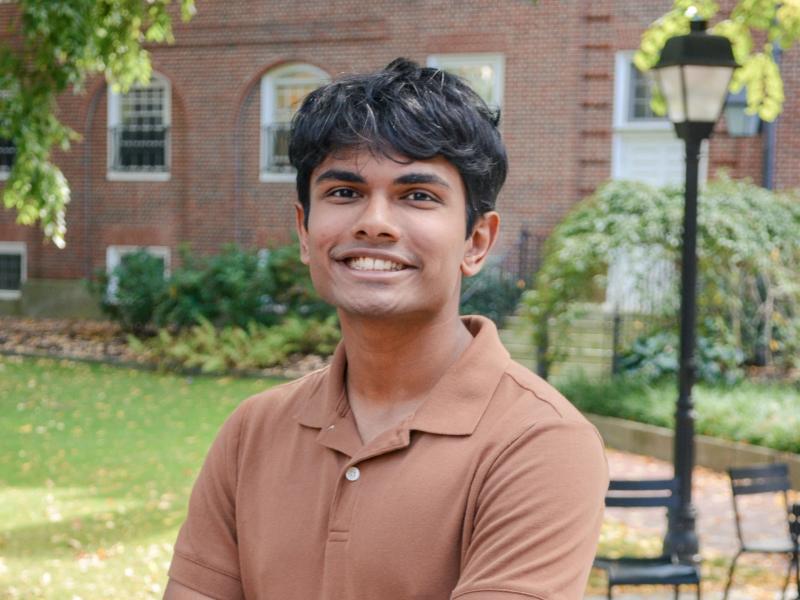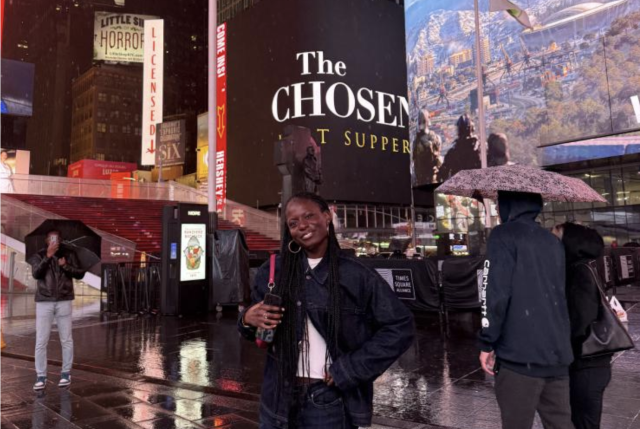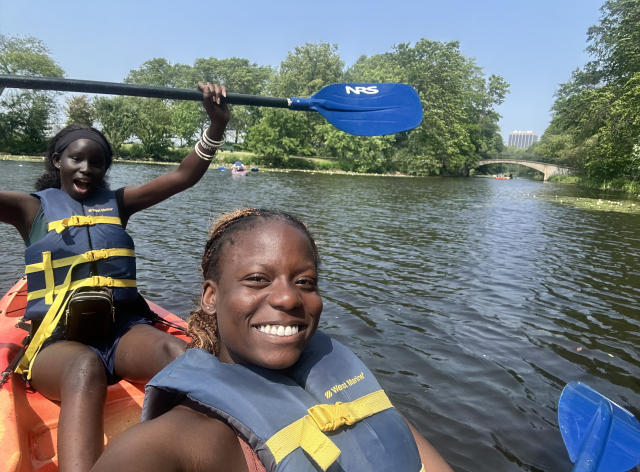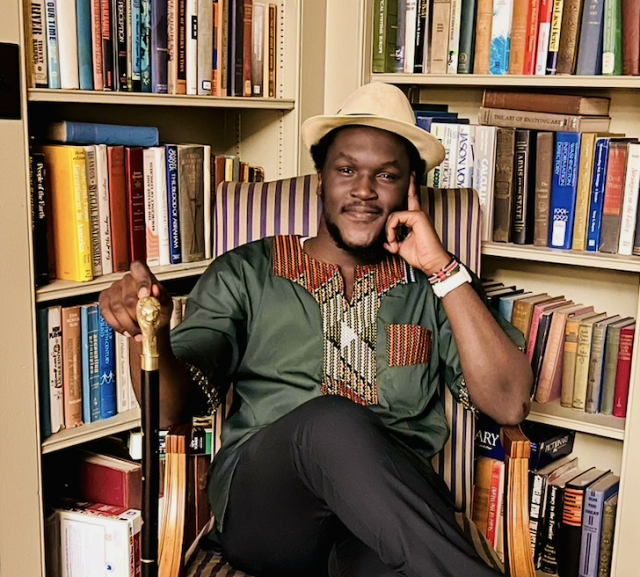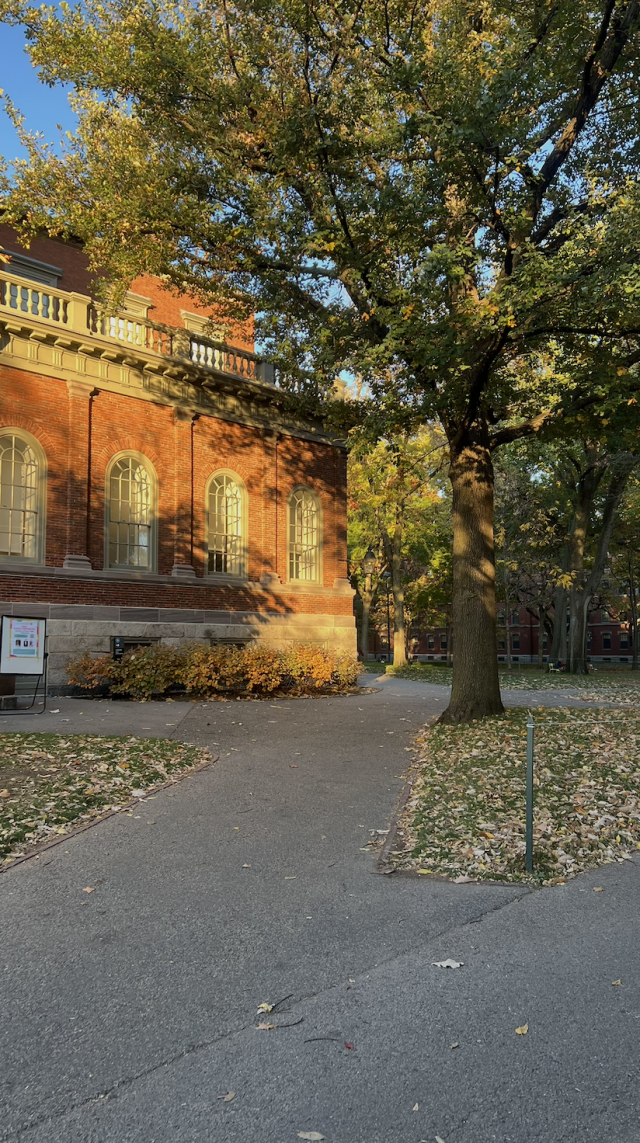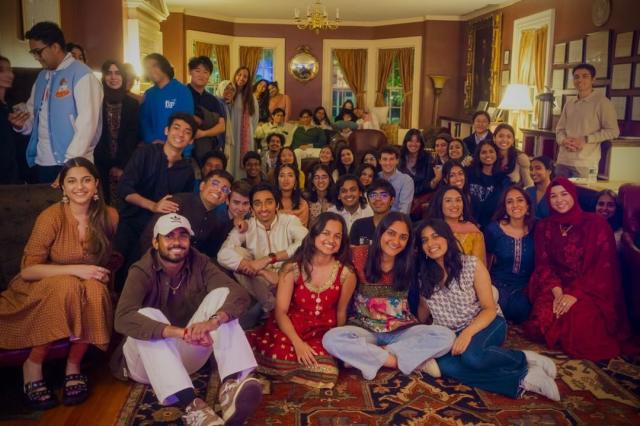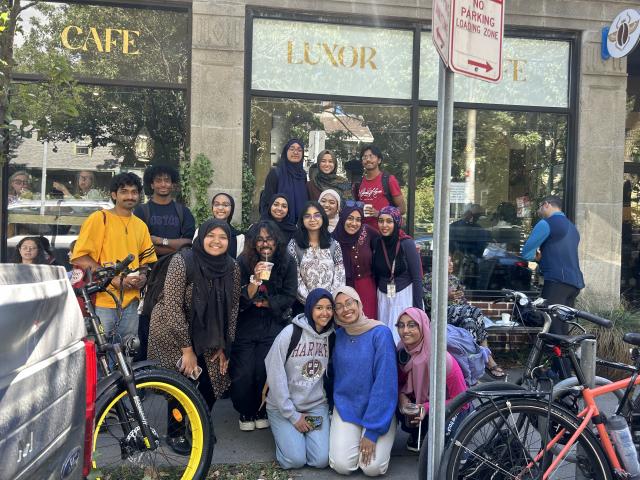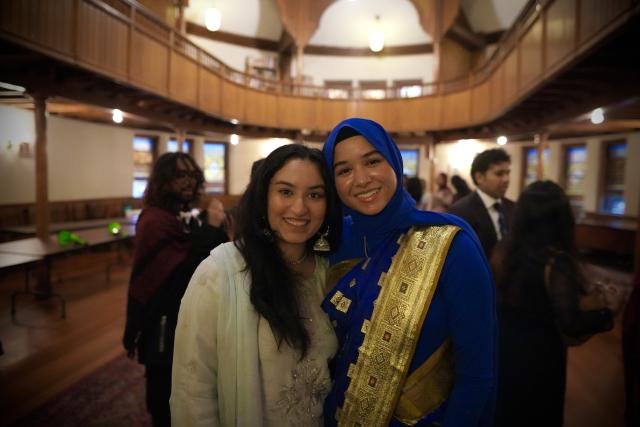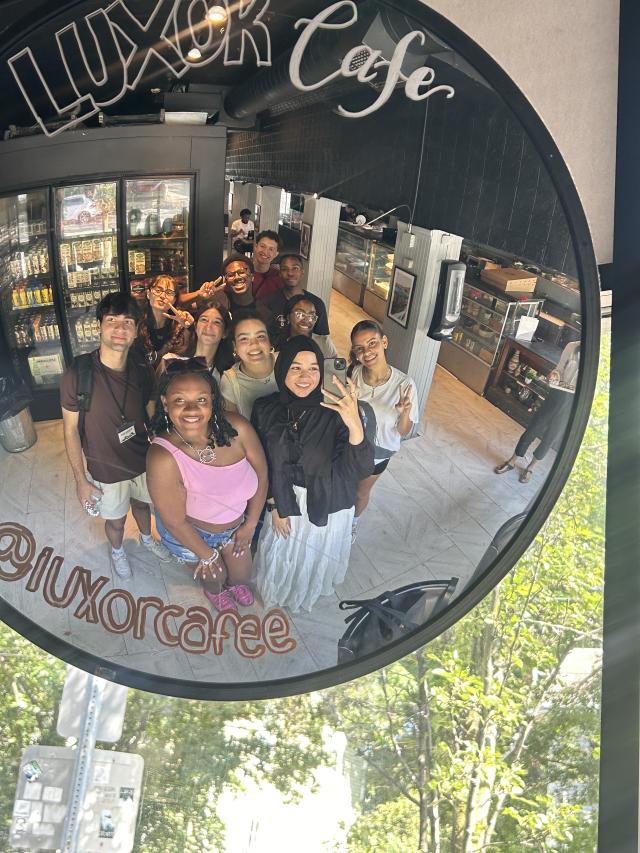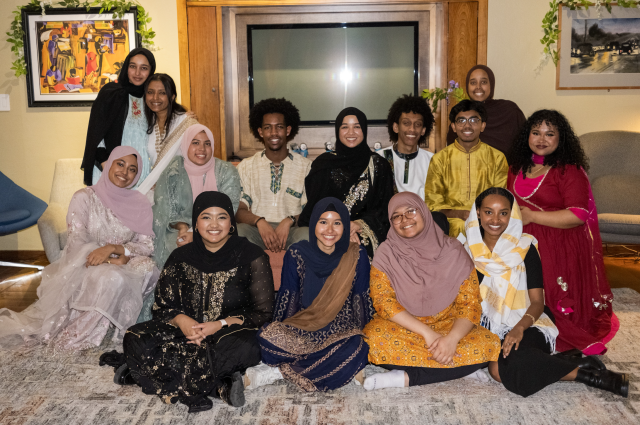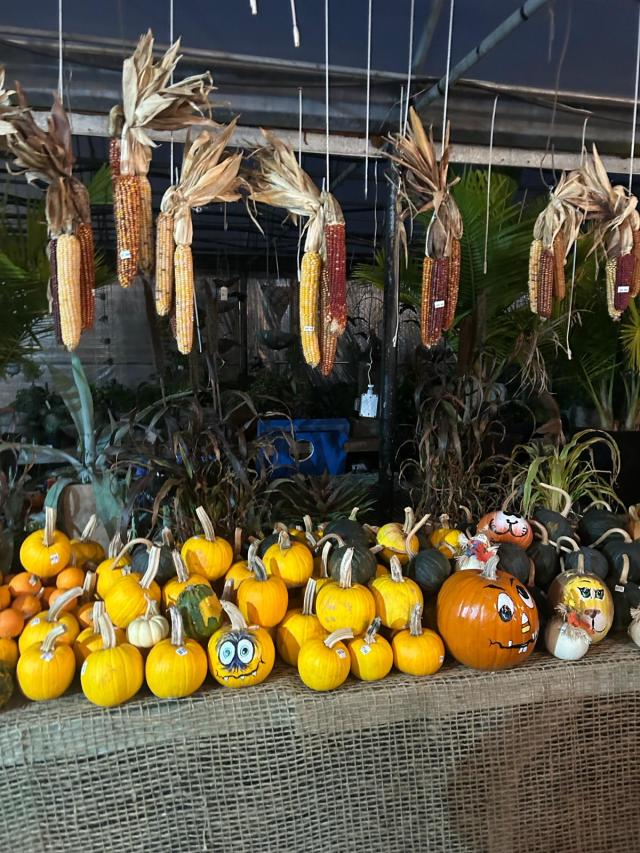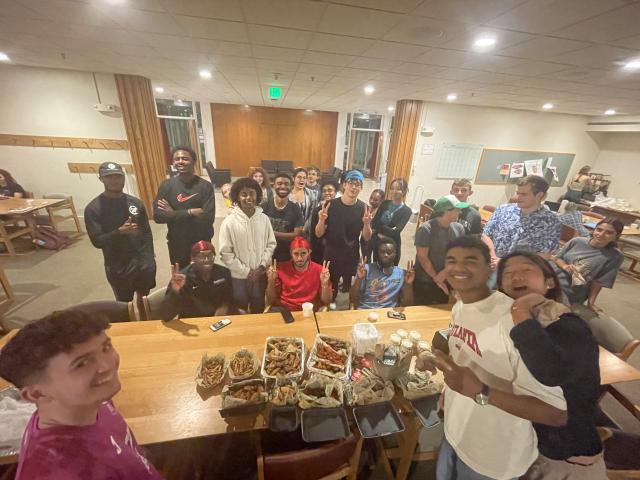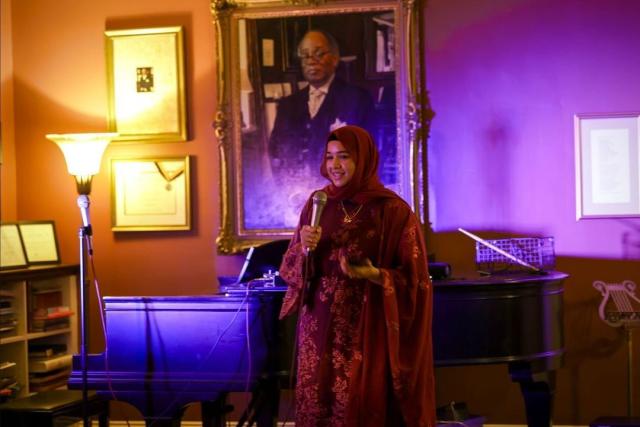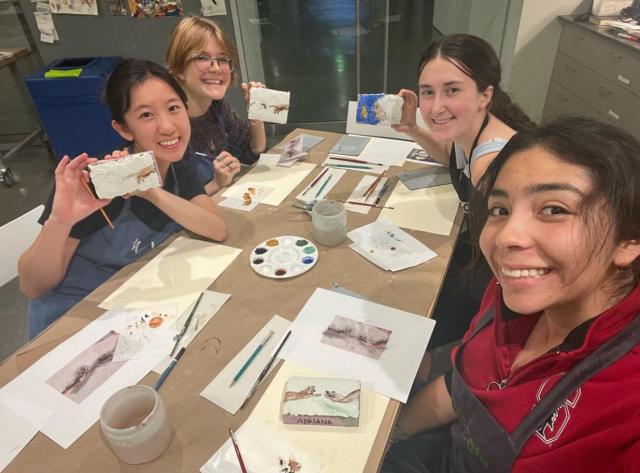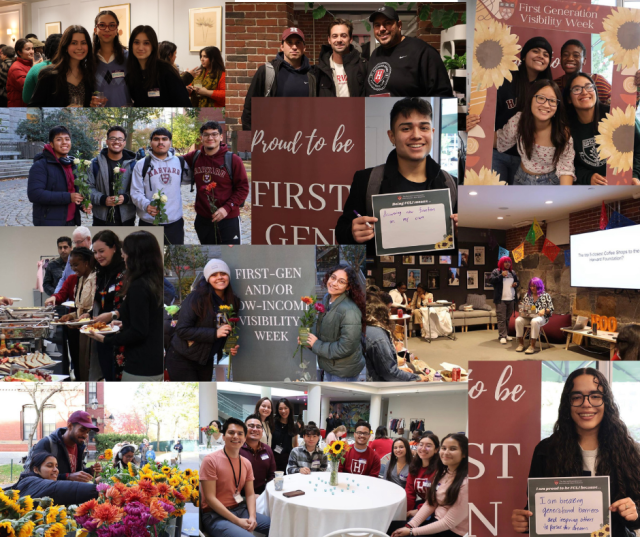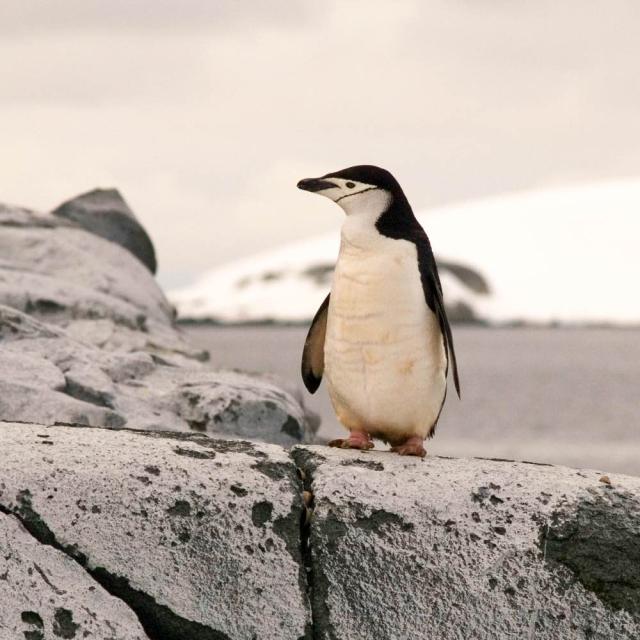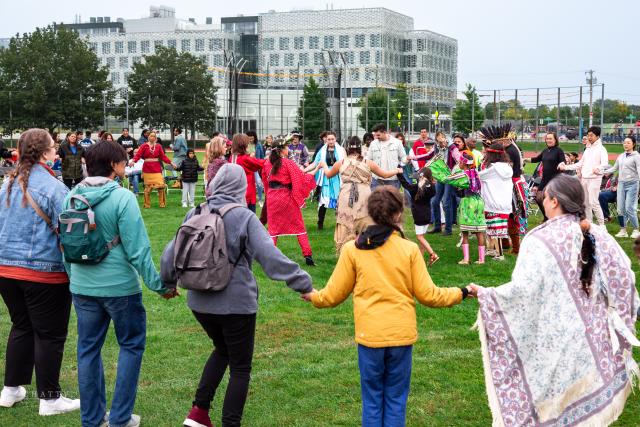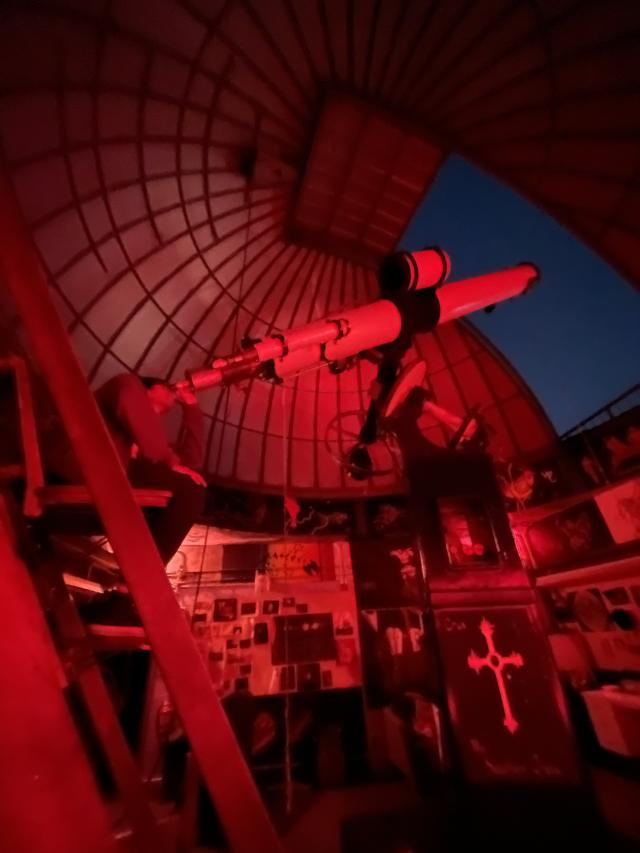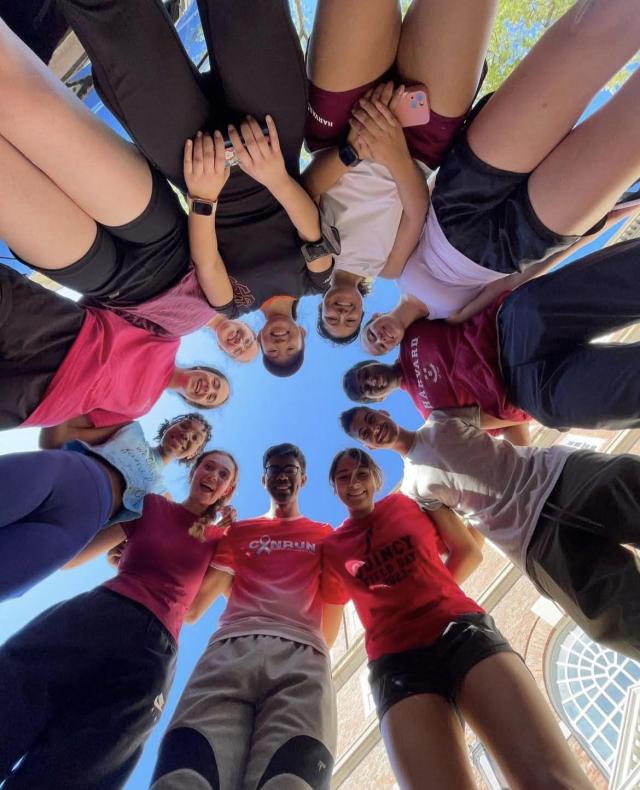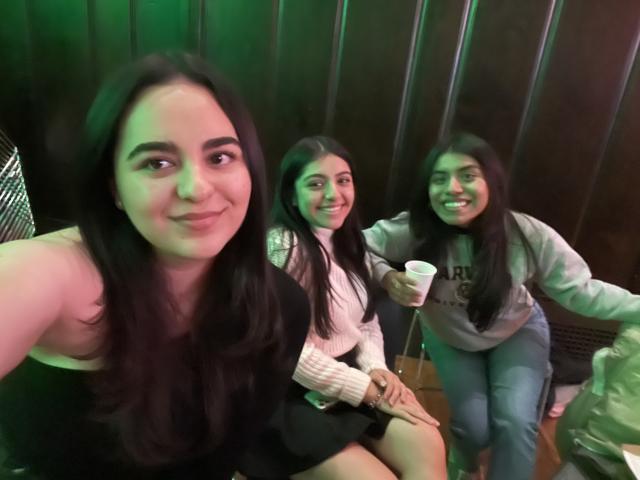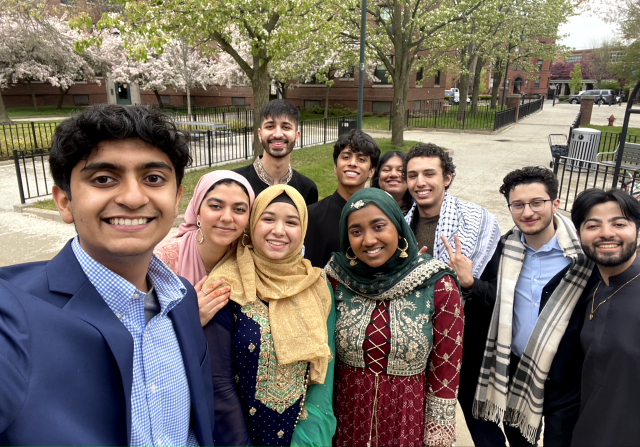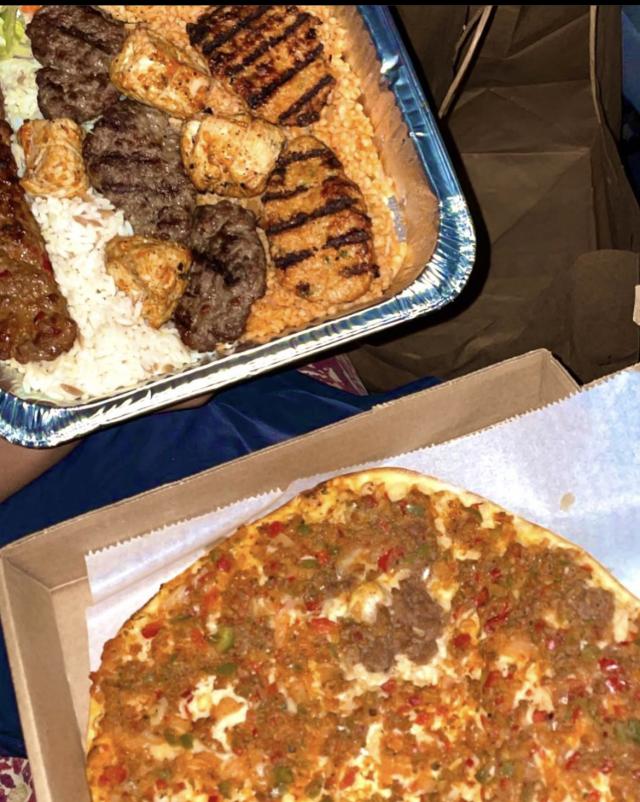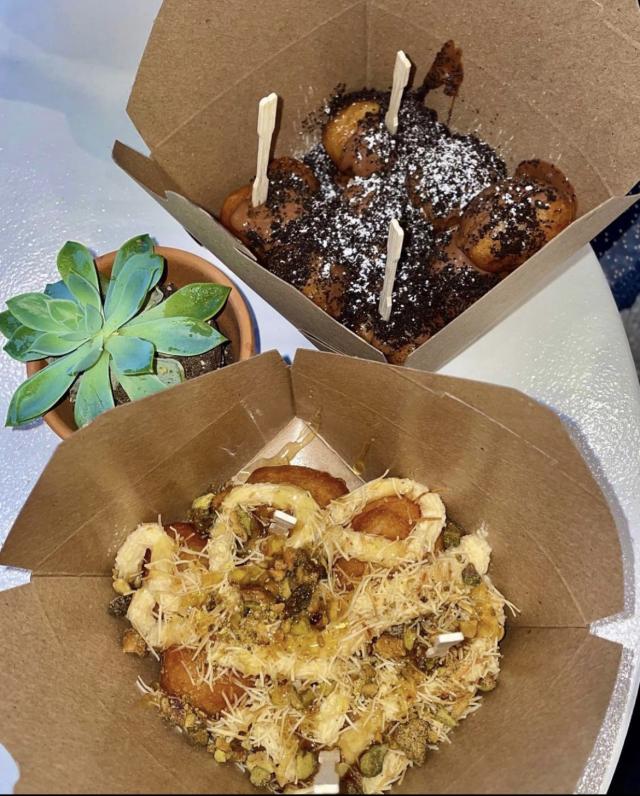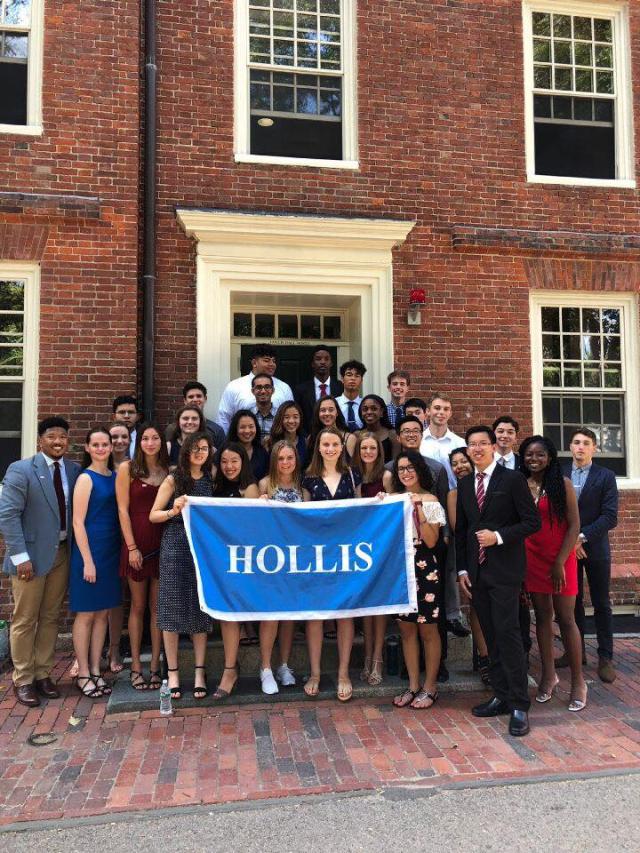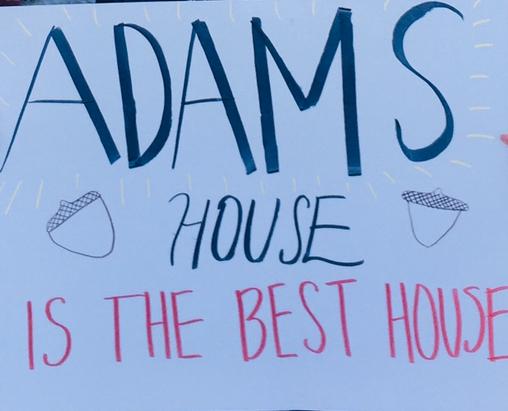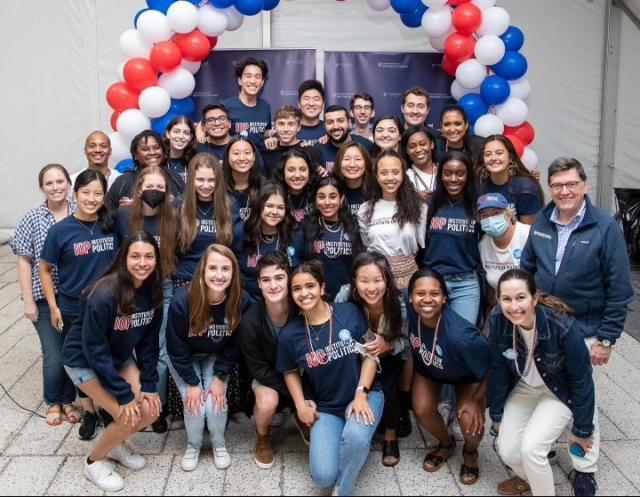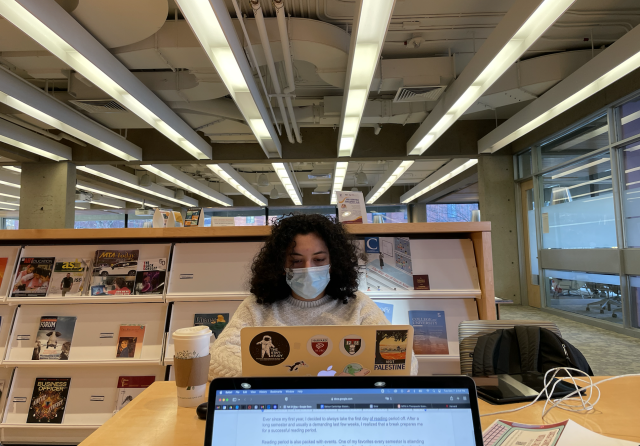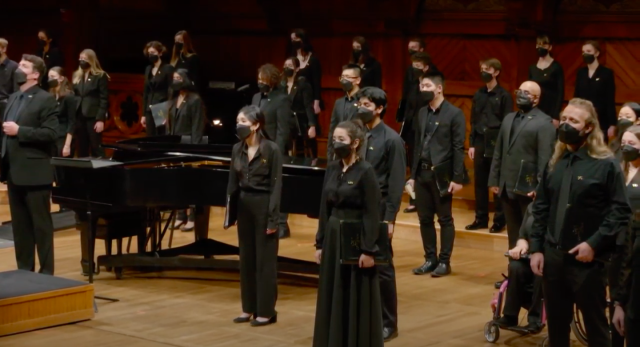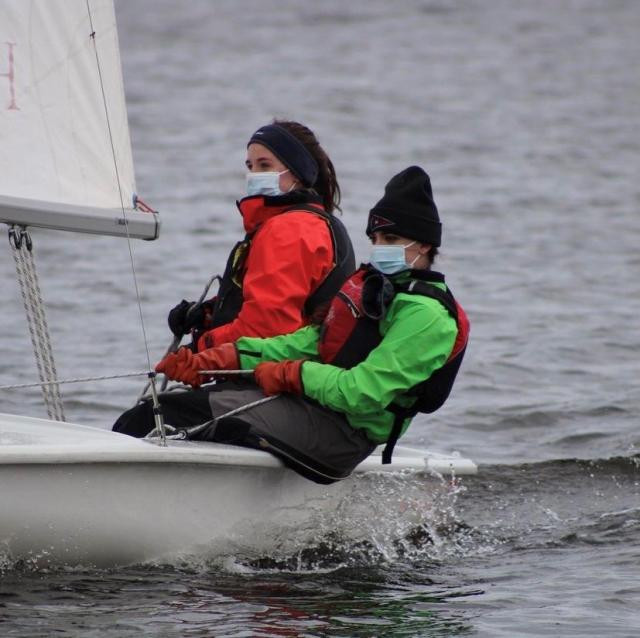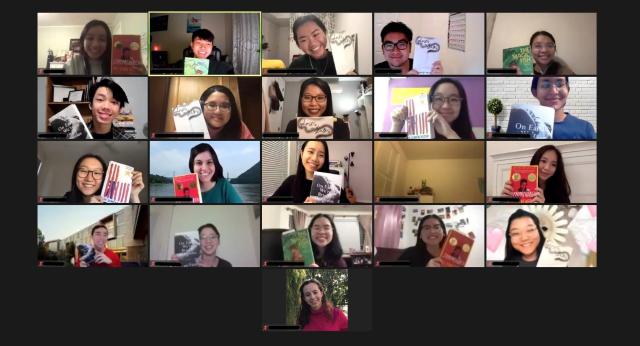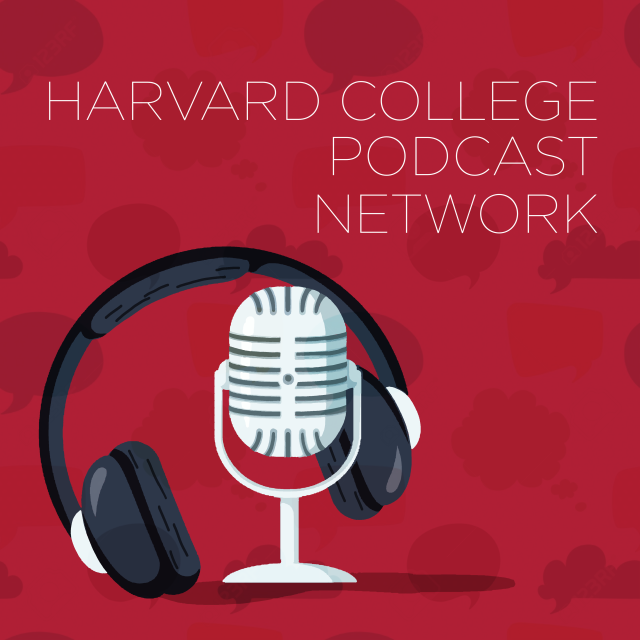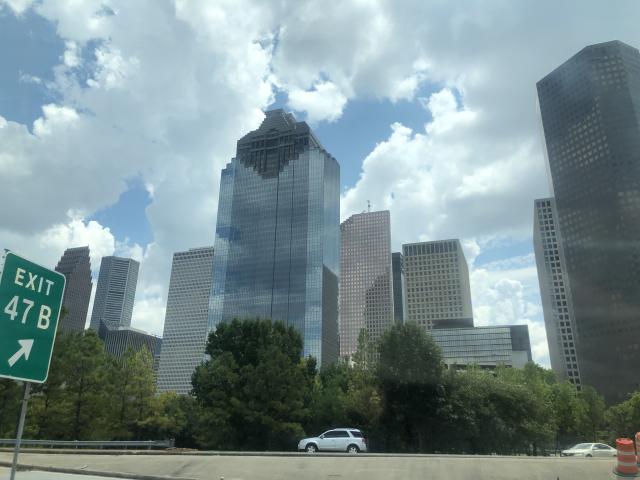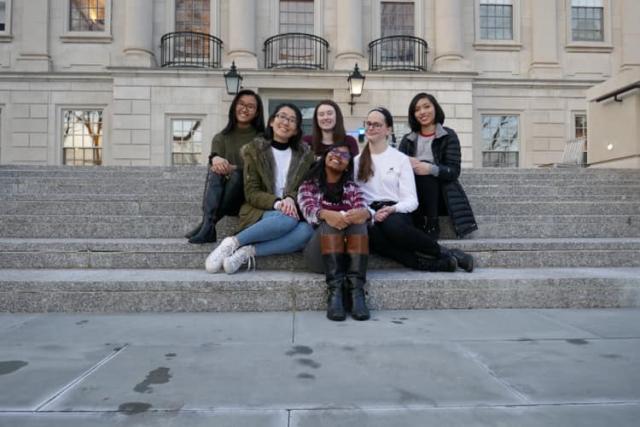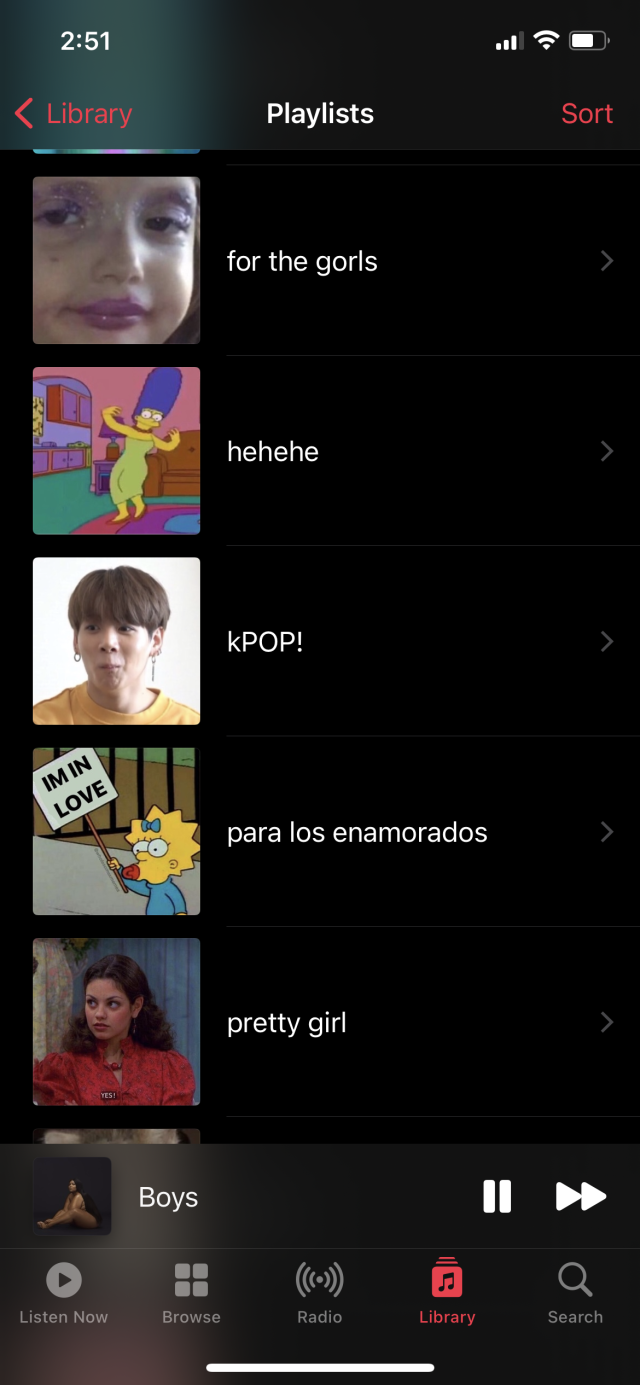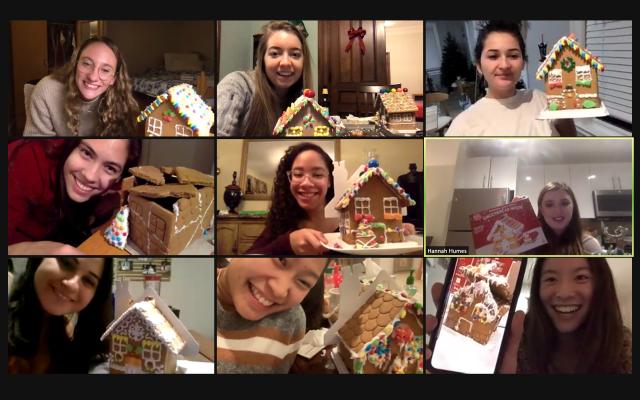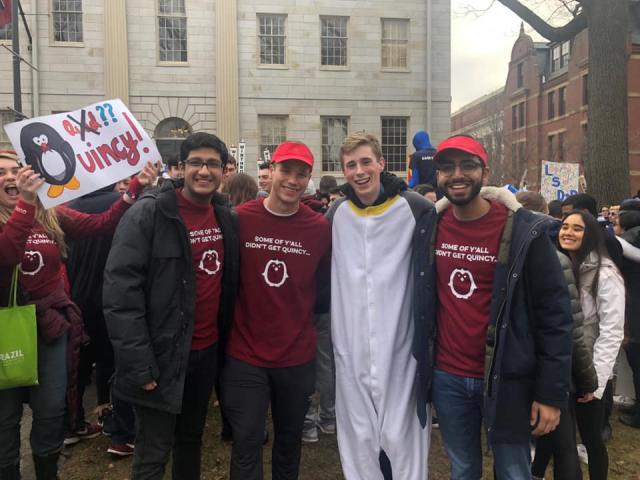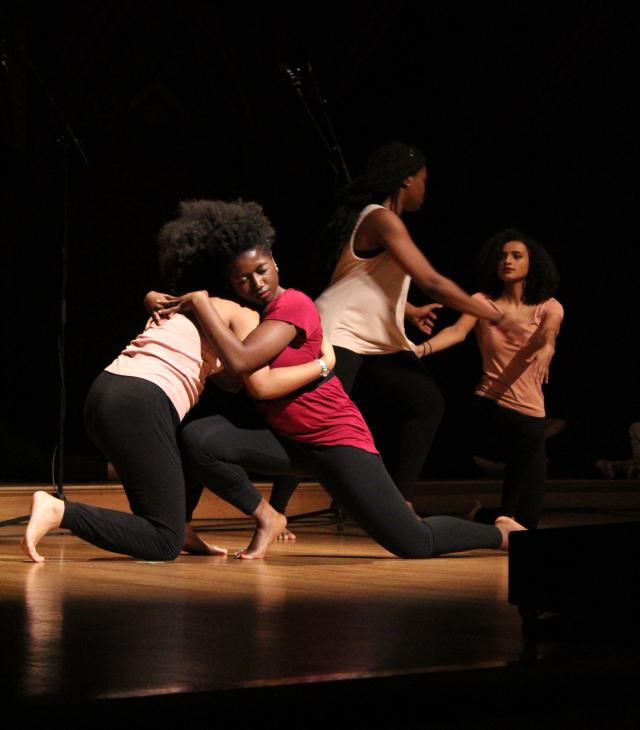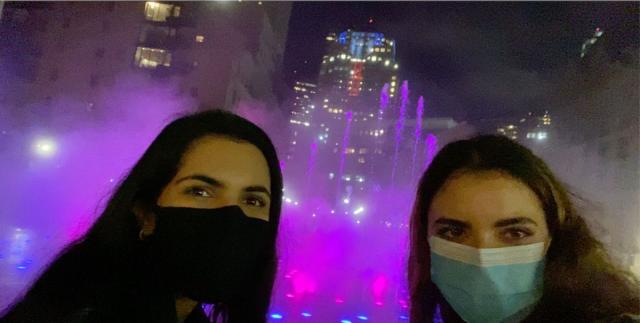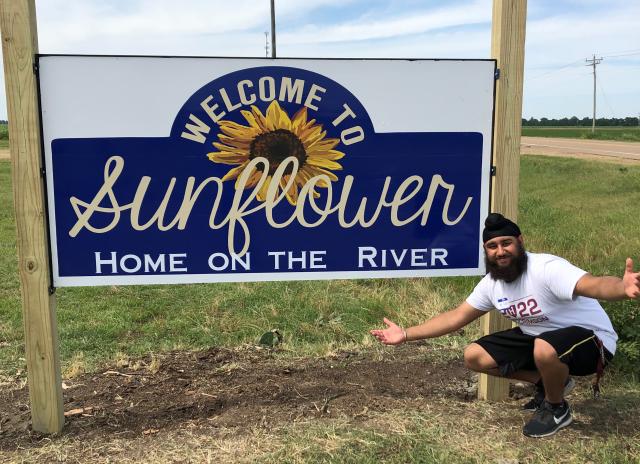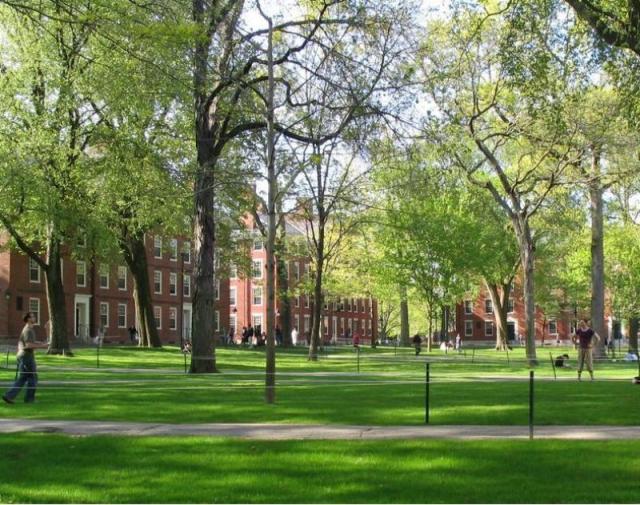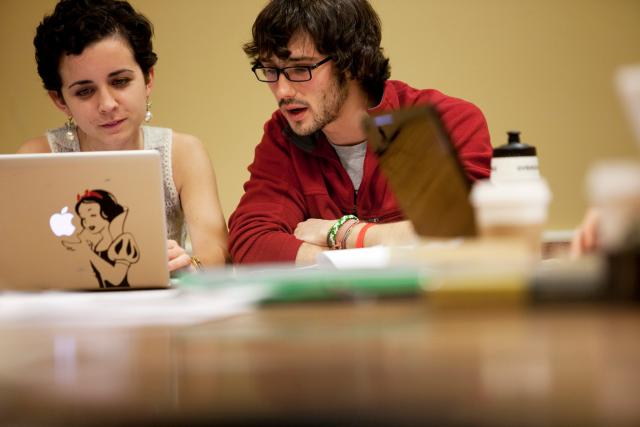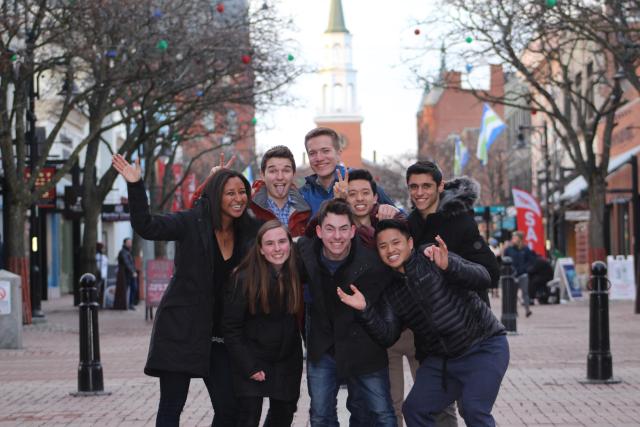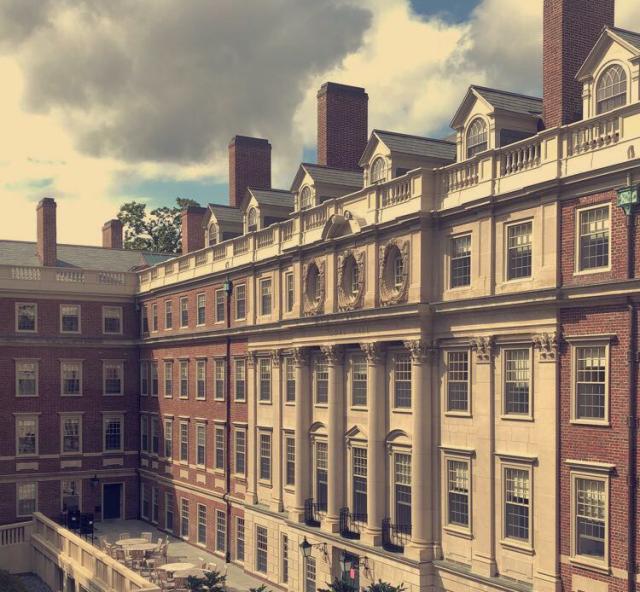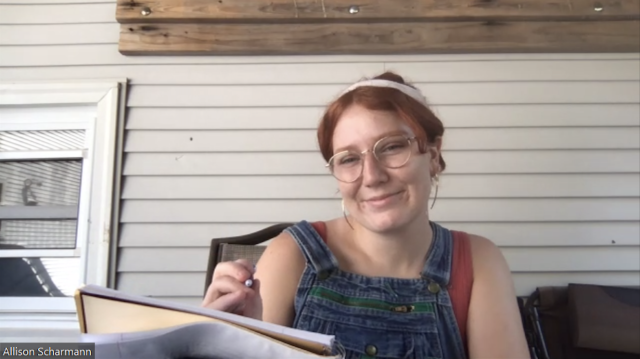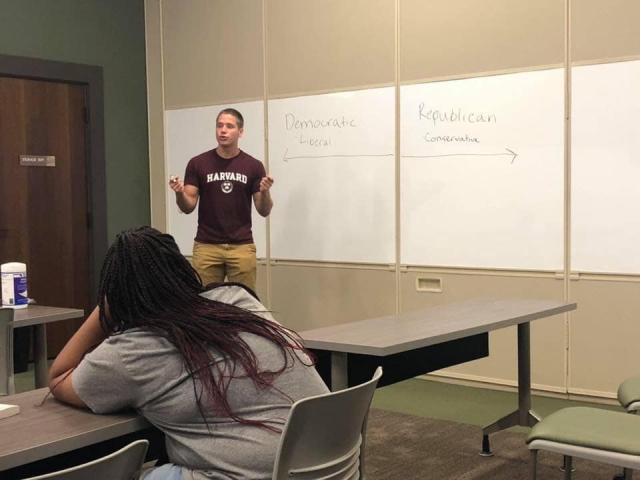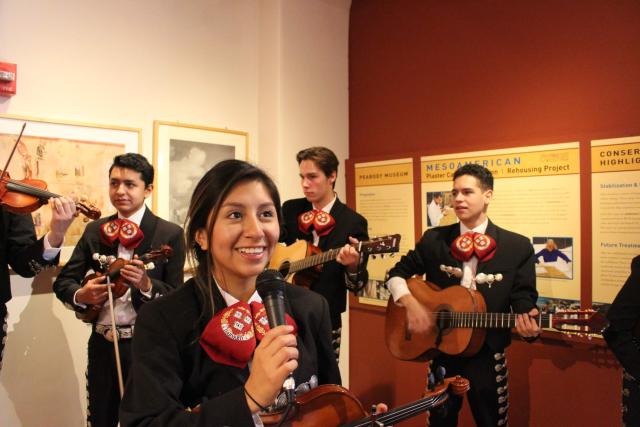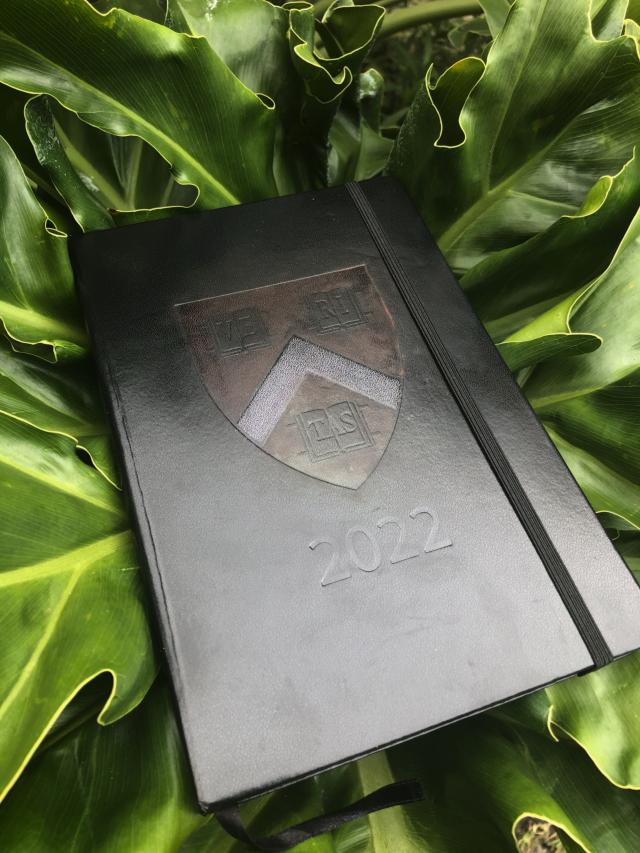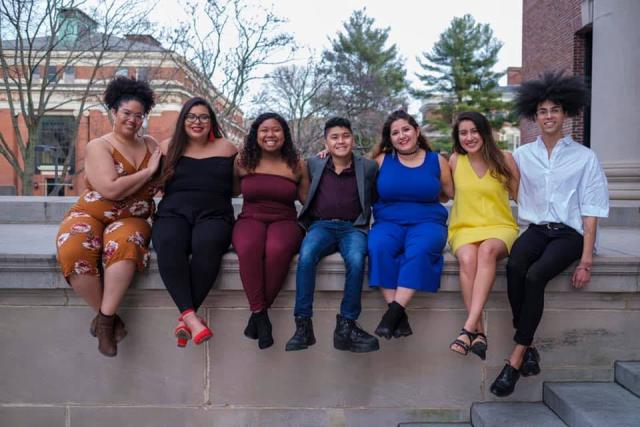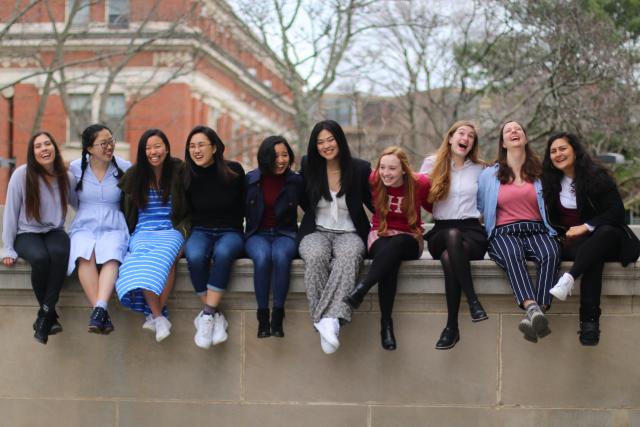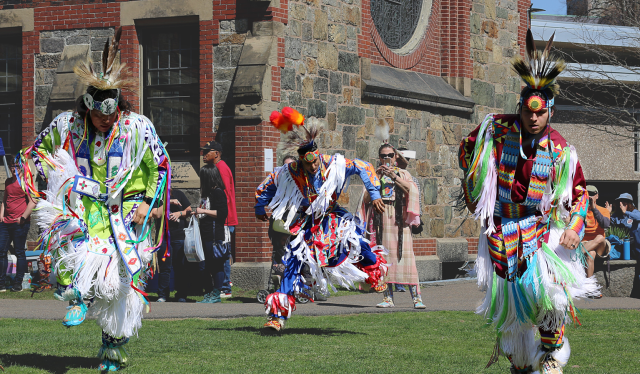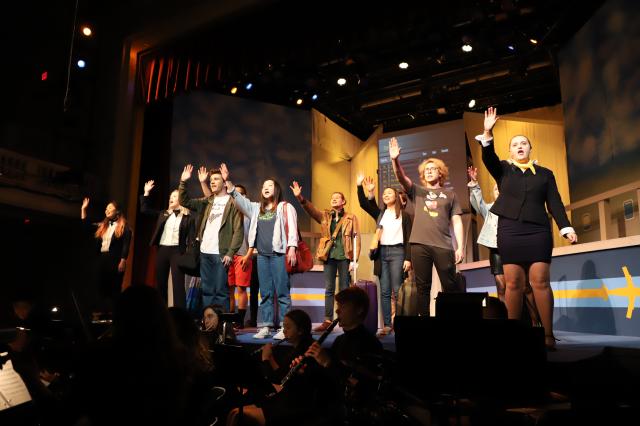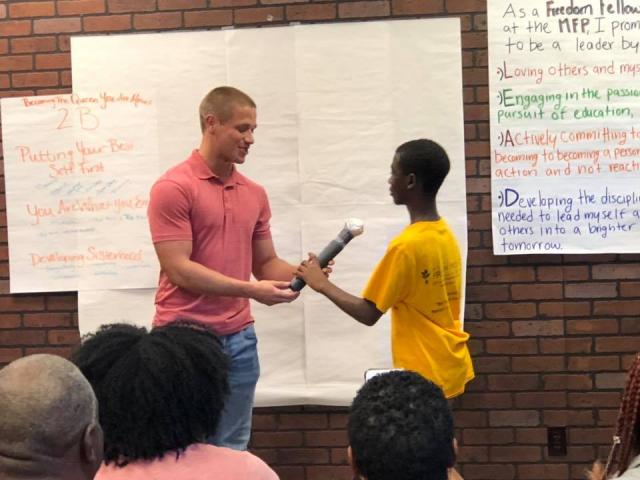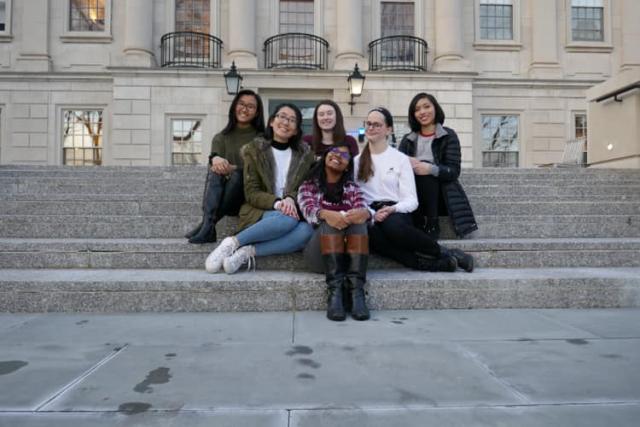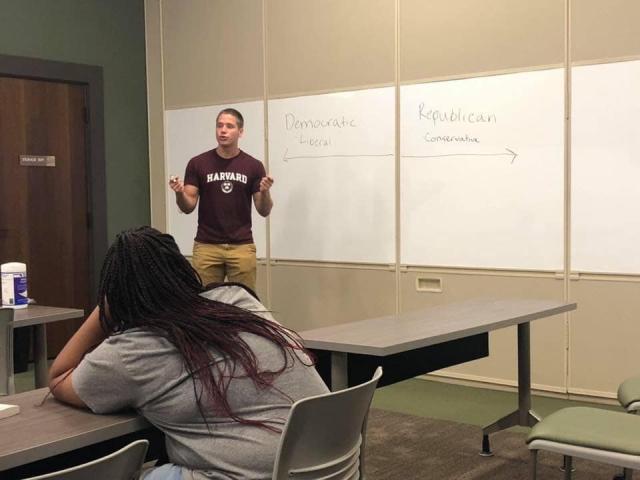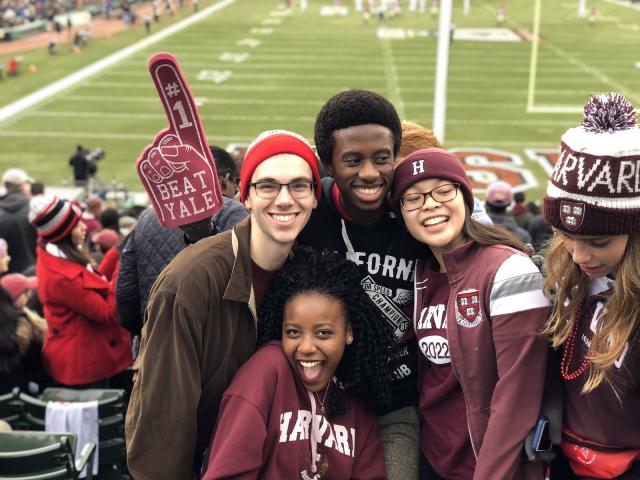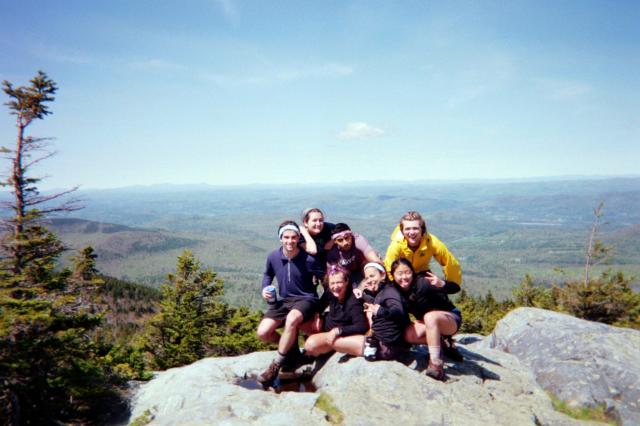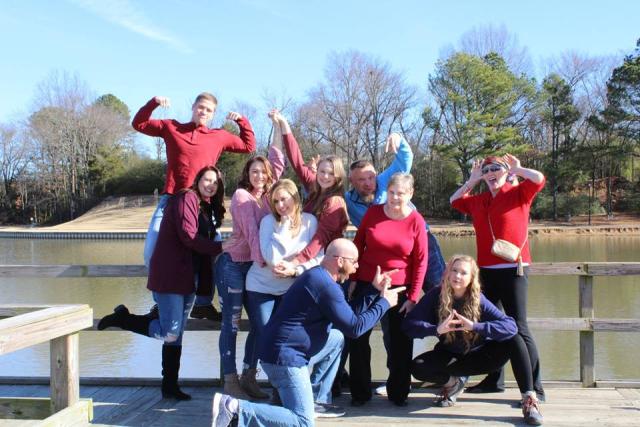I received my official wilderness first responder certificate this spring break at Zion National Park in Springdale, Utah!
As a member of the Steering Committee ‘23 for the First-Year Outdoor Program (FOP), Harvard’s largest and oldest pre-orientation program, I was tasked with earning my wilderness first responder (WFR) license. Wilderness first responders are individuals who are trained to respond to emergency situations in remote locations, which may include locations where FOP trips are sent out. These regions are known as remote or “backcountry” locations as they are more isolated geographical areas that are harder to access.
Before arriving in Springdale, Utah, we completed about 40 hours of virtual learning to prepare us for our 5-day course. As part of our virtual training, there were many eye-opening topics that I had never been exposed to before, including critical systems, signs of intracranial pressure, traumatic brain injuries, wound care, lightning injuries, etc. Pretty much everything you could think of that could go wrong in the outdoors was covered within these 40 hours of virtual learning! As someone who had previously led a relatively smooth FOP trip (shoutout FOP 43!), I knew of the risks associated with backpacking and outdoor recreation. However, I had never stopped to consider the extent of these higher-risk scenarios that FOP does an amazing job of managing risk for. Many of these skills were also very applicable to everyday life: CPR, rescue breathing, and learning how to use AEDs. Many of these skills were not only useful for remote locations but also for circumstances that could occur in everyday life.
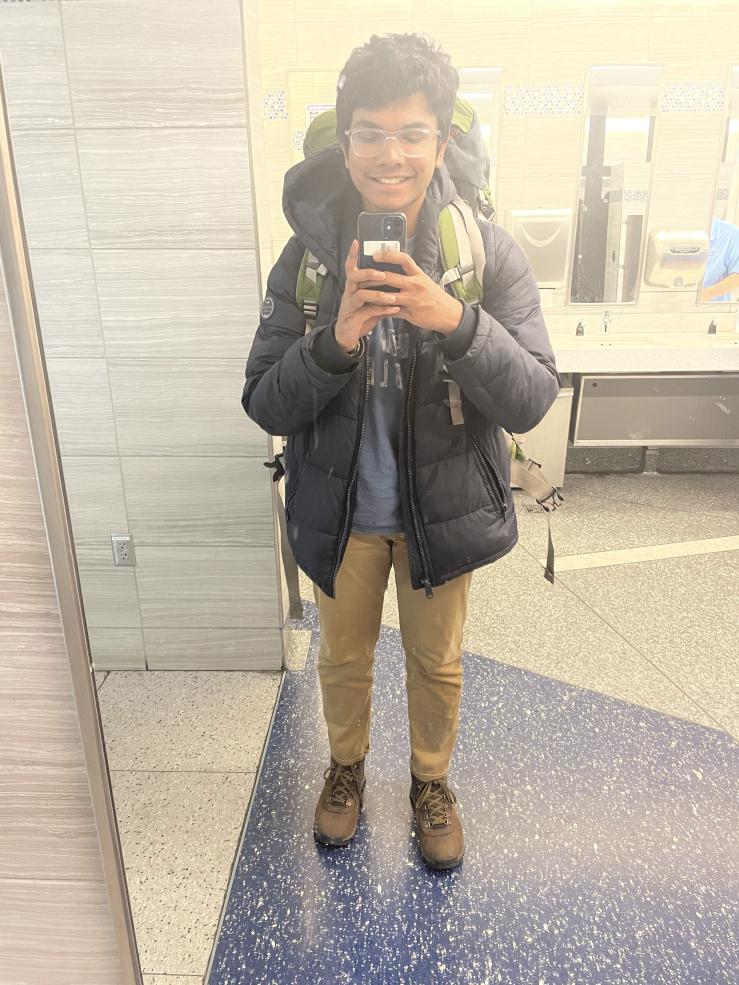
Me on my way to Utah in the airport with my 85L hiking bag!
After touching down in Las Vegas, Nevada, and then driving down to Springdale Utah, the scenery change was dramatically different than the northeast. Driving through Utah felt like a fever dream– although the weather ranged from 50-70 degrees during the daytime, temperatures would reach below 40 degrees at night. When driving to Zion National Park, we passed through snowcapped mountains in the midst of our desert landscape due to their high elevations. It was beautiful, and so different compared to the Northeast.
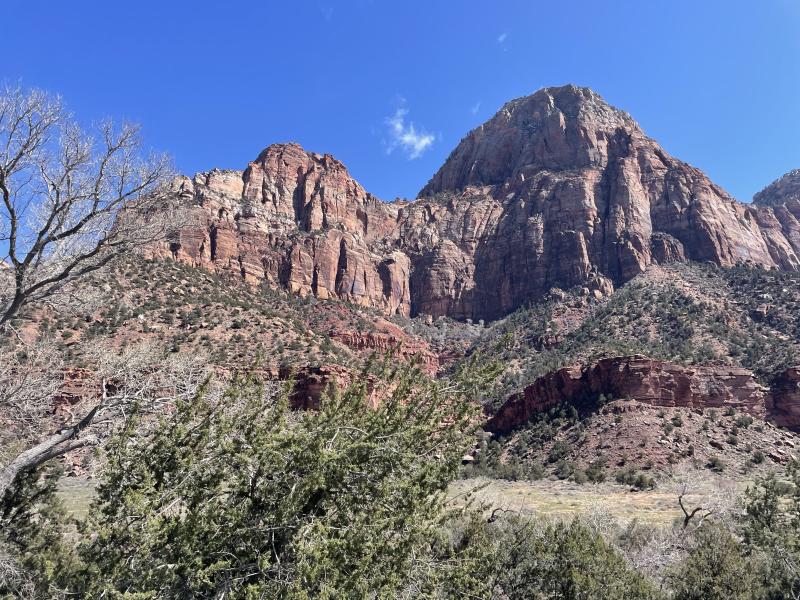
The canyons of Zion National Park
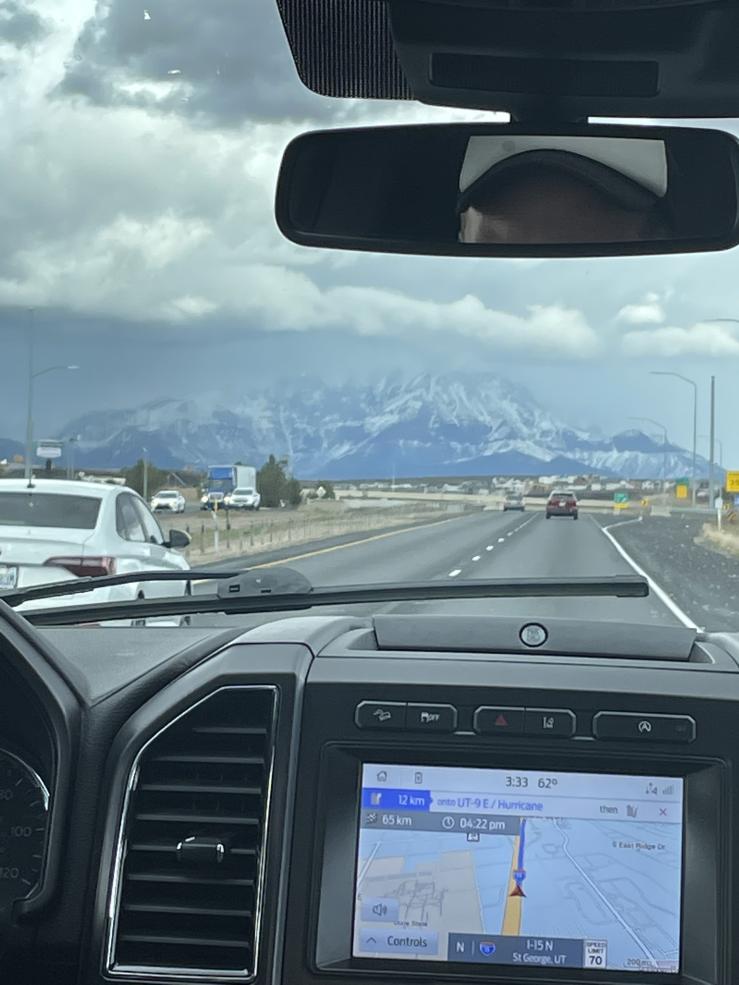
Mysterious, snowcapped mountain in the distance while driving to Zion
After arriving at one of Zion National Park’s campgrounds, we officially began our in-person WFR course. We hopped right into reviewing our learned skills from the virtual course component: patient care, acute stress response, serious to not serious, and scene size-up. All of these skills were equipped to teach us how to properly respond to stressful situations involving the safety of ourselves as rescuers as well as the safety of our patients. Days one and two were also when we began our simulated “scenarios” with different patients and backstories. It soon became a game of detective work– were our simulated patients struggling to breathe because of a clogged airway or an asthma attack? Were they feeling abdominal pain due to kidney stones or a bad day of camp food? Deciphering the severity of our “scenarios” not only taught us how to most effectively handle medical situations in the field, but it also taught us to build confidence in ourselves as outdoor rescuers. As someone who struggles with decisiveness and decision-making, for one of the first times at college, I had no one else’s opinion to fall back on. I had to trust myself and be confident in my decisions.
Finally, on the fourth day of our in-person course, it came time for our final medical simulations. Waking up at 6 AM to prepare for what was ahead, it was clear that mother nature was not on our side– the weather was cold, and it was raining hard. We had multiple intense, 45-minute medical simulations for which we were assigned as responders. Although the tasks felt grueling, we made it through by trusting ourselves and our learned skills as a rescue team.
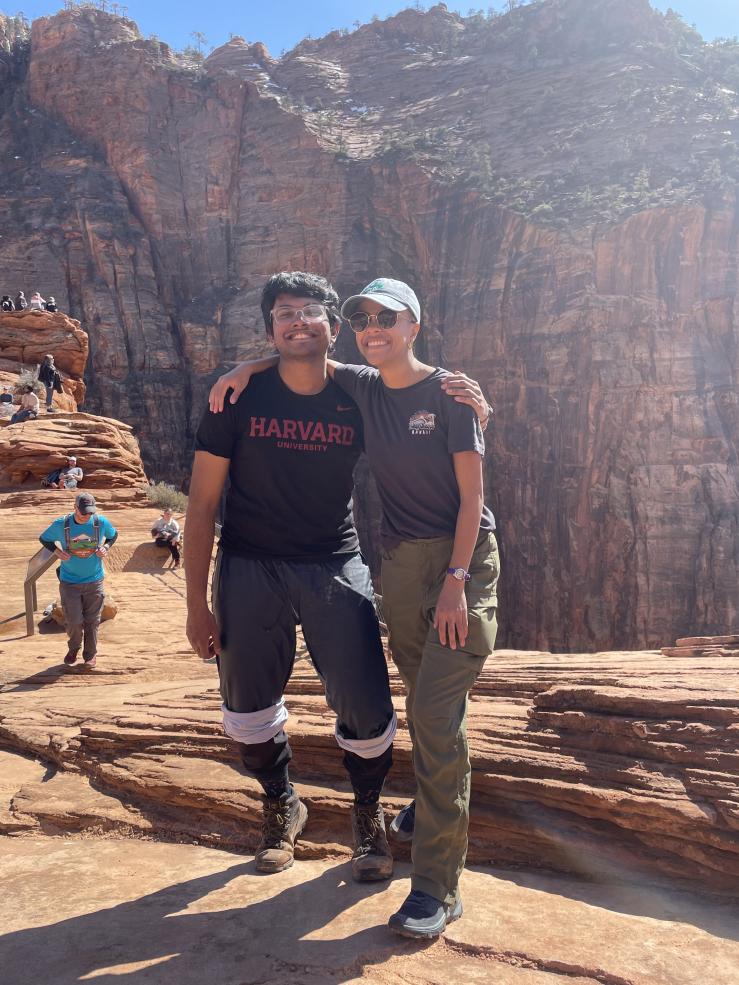
Me with the director of FOP, the wonderful Lesedi Graveline
Reflecting back on this experience, I am immensely grateful for the opportunity provided by FOP to obtain my WFR license. Whether hiking the Appalachian trail or coming across dangerous situations that may occur in my everyday life, the skills that I learned to preserve and protect human life are ones that I will hold close to me every day. Especially as a first-generation college student first joining FOP without knowledge of outdoor medicine or backpacking, these skills are ones to which I had no prior exposure– I never would have imagined that I would be in the position I am today as a licensed wilderness first responder. Often times in the first-generation community, it can feel overwhelming to join new communities that we once saw as inaccessible before coming to Harvard. However, due to FOP’s amazing financial aid policy and loving community, I have never felt more gratitude for stepping outside my comfort zone. That’s one of the biggest tips I would give to other first-generation students on campus. Take the space you deserve in new communities while you have access to it! Although the first steps of joining these communities may feel scary, don’t let past limitations hold you back. Who knows? One day you might just find yourself on a plane to Springdale Utah for spring break…
FOP Steering Committee ‘23! I’m the third person from the right.

